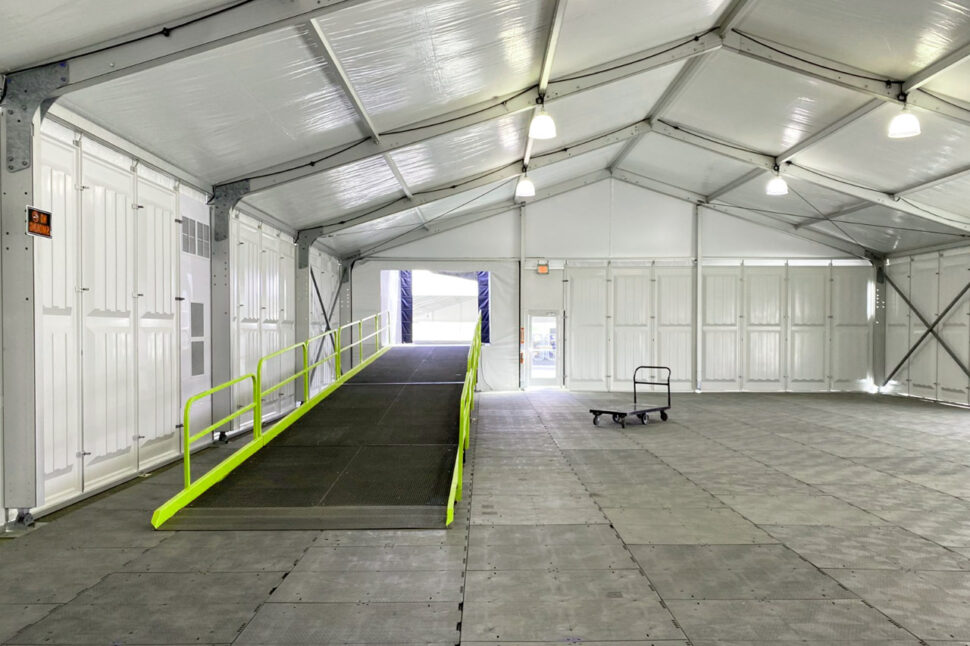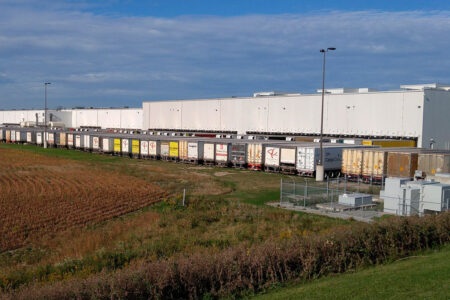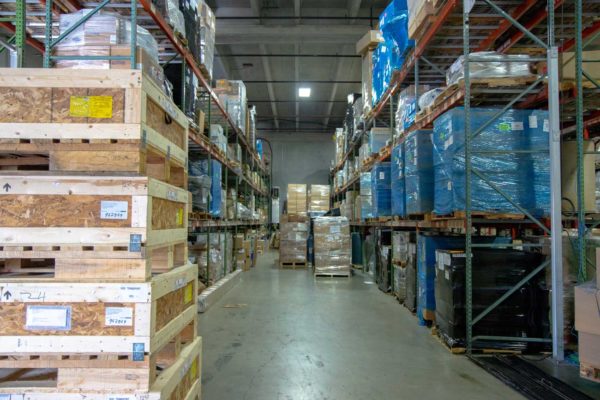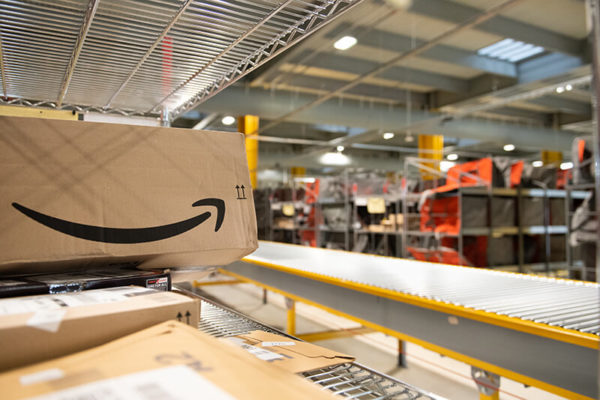In an ever-evolving world of business, where flexibility, efficiency, and scalability determine the pace of growth, warehousing is undergoing a transformation. Traditional storage facilities, with their static designs, are quickly being replaced by a new-age phenomenon: modular warehouses. This new breed of storage solution promises unparalleled flexibility, catering to businesses’ dynamic needs while ensuring cost-effectiveness and rapid adaptability.

Such innovations are crucial, especially in bustling trade hubs like Miami. As companies and enterprises in regions such as warehouse Miami explore modernized storage options, modular warehouses stand out as a beacon of the future.
Unprecedented Flexibility of Modular Warehouse
The most significant advantage of modular warehouses is their inherent flexibility. Unlike conventional storage systems, which often require extensive time and resources to modify, modular warehouses can be quickly rearranged, expanded, or even downsized. This dynamism ensures businesses can adapt to market fluctuations, seasonal inventory changes, or even unexpected business opportunities without significant downtimes.
Cost-Efficiency in a Competitive Landscape
Running a successful business often boils down to smart financial decisions. In locations like Miami, where every square foot of storage space comes at a premium, the modular approach proves exceptionally economical. Traditional warehouses often involve substantial initial investments and remain a fixed asset. In contrast, modular warehouses allow businesses to scale their operations according to demand. This scalability ensures that companies pay only for what they use, leading to significant cost savings in the long run.
Rapid Deployment: A Time-Saving Endeavor
Time, as they say, is money. And nowhere is this truer than in the logistics and storage sector. Modular warehouses, with their pre-fabricated components, can be set up in a fraction of the time it takes to construct traditional storage facilities. In fast-paced trade hubs like warehouse Miami, this rapid deployment ensures businesses stay ahead of their competitors, quickly responding to market demands and reducing potential downtime.
Integrating Modern Technology to Warehouse
One of the often-overlooked advantages of modular warehouses is their compatibility with the latest technologies. Modern storage solutions, from IoT devices for real-time inventory tracking to automated storage and retrieval systems, can be seamlessly integrated into these modular designs. As technology continues to dictate the future of business operations, being housed in a structure that can adapt to these innovations is invaluable.
One of the often-overlooked advantages of modular warehouses is their compatibility with the latest technologies. Not only do these designs allow for quick reconfigurations, but they also embrace advancements that streamline operations and enhance productivity.
- Robotics and Automation: As the logistics industry gravitates towards automation, modular warehouses are primed to incorporate robotic systems. Whether it’s automated guided vehicles (AGVs) transporting goods or robotic arms handling precise tasks, these warehouses are designed to accommodate such technologies with ease, reducing manual labor and enhancing accuracy.
- Advanced Data Analytics: With the inclusion of smart sensors and IoT devices, modular warehouses can collect a plethora of data. This data, when analyzed using advanced analytics software, can offer insights into inventory levels, peak operational times, and predictive maintenance needs, enabling businesses to make informed decisions.
- Augmented Reality (AR) & Virtual Reality (VR): Modern warehouses are starting to use AR and VR for tasks like training and inventory management. For instance, AR glasses can assist workers in locating products more efficiently, while VR can provide immersive training environments for new employees without disrupting actual warehouse operations.
- Energy Management Systems: Incorporating smart energy solutions is a game-changer for warehouse operations. From solar panels to smart HVAC systems that adapt according to internal conditions, these technologies ensure that warehouses are not only more sustainable but also cost-efficient in their energy use.
- Enhanced Security Protocols: With the integration of state-of-the-art surveillance systems, biometric access controls, and advanced cybersecurity measures, modular warehouses can ensure both physical and digital assets are protected from potential threats.
Environmentally Conscious Business Growth
The sustainable aspect of modular warehousing is not to be ignored. With increasing emphasis on green business practices, modular warehouses often employ environmentally-friendly materials and designs. Their construction results in minimal waste, and their energy-efficient models can drastically reduce a company’s carbon footprint. Operating in regions like warehouse Miami, known for its vibrant trade and business ecosystem, companies can set themselves apart by endorsing and employing such eco-friendly practices.
To sum it up
As businesses continue to navigate the challenges and opportunities of the 21st century, embracing innovations like modular warehousing seems not just logical but imperative. Their flexibility, cost-efficiency, rapid deployment, tech-compatibility, and environmental advantages make them the torchbearers of modern storage solutions. Locations like warehouse Miami, with their dynamic business landscapes, stand to benefit immensely from this revolution in storage. It’s not just about storing goods anymore; it’s about doing so intelligently, efficiently, and with an eye on the future. Modular warehouses are not just the future; they are the now.
Sources:
- Smith, J. (2022). “The Evolution of Warehouse Automation.” Journal of Logistics & Technology. Vol. 58, No. 3, pp. 24-36.
- Patel, A. (2023). “IoT in Modern Warehousing: A Comprehensive Study.” Supply Chain Management Review. pp. 102-117.
- Williams, R. (2021). “Augmented and Virtual Reality in Warehousing.” Warehouse Innovations Journal. Vol. 12, No. 4, pp. 45-54.
- Thompson, H. (2022). “The Green Warehouse: Sustainable Solutions for the Future.” Logistics Today. Vol. 46, No. 2, pp. 14-27.
- Rodriguez, L. (2023). “Securing the Modern Warehouse: Best Practices in 2023.” Warehouse Management Quarterly. Vol. 15, No. 1, pp. 64-76.





